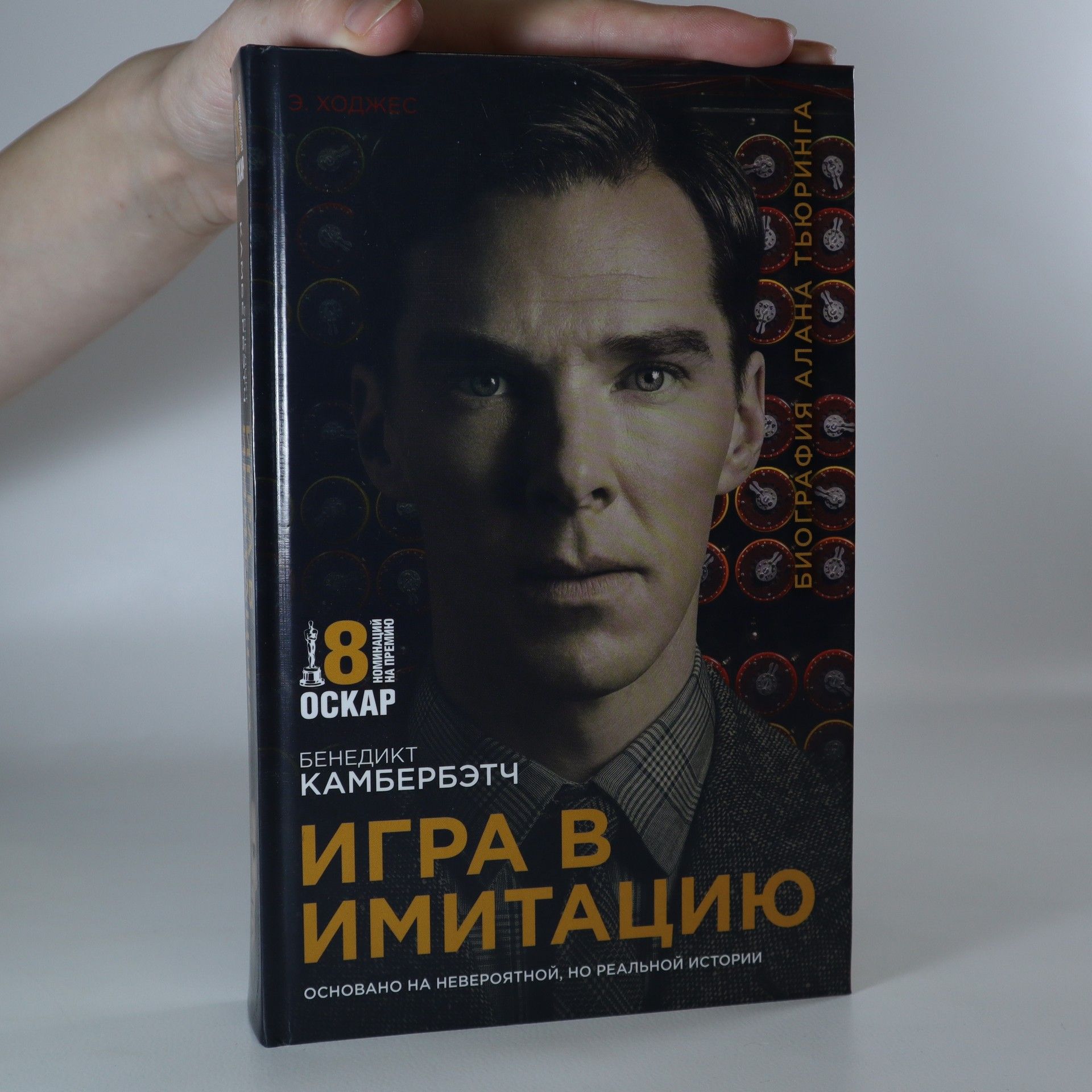I Filosofi: Turing
- 77pagine
- 3 ore di lettura
Andrew Hodges è un matematico e autore britannico che dai primi anni '70 si è concentrato sulla teoria dei twistor. Questo approccio ai problemi della fisica fondamentale è stato pioniere di Roger Penrose. Hodges è docente di matematica all'Università di Oxford, approfondendo complessi concetti matematici e la loro connessione con la fisica.






Alan Turing's 1936 paper On Computable Numbers, introducing the Turing machine, was a landmark of twentieth-century thought. It settled a deep problem in the foundations of mathematics, and provided the principle of the post-war electronic computer. It also supplied a new approach to the philosophy of the mind. Influenced by his crucial codebreaking work in the Second World War, and by practical pioneering of the first electronic computers, Turing argued that all the operations of the mind could be performed by computers. His thesis, made famous by the wit and drama of the Turing Test, is the cornerstone of modern Artificial Intelligence. Here Andrew Hodges gives a fresh and critical analysis of Turing's developing thought, relating it to his extraordinary life, and also to the more recent ideas of Roger Penrose.
A gripping story of mathematics, computers, cryptography, and homosexual persecution. Hodges tells how Turing's revolutionary idea of 1936-- the concept of a universal machine-- laid the foundation for the modern computer. Turing brought the idea to practical realization in 1945 with his electronic design. This work was directly related to Turing's leading role in breaking the German Enigma ciphers during World War II, a scientific triumph that was critical to Allied victory in the Atlantic. Despite his wartime service, Turing was eventually arrested, stripped of his security clearance, and forced to undergo a humiliating treatment program-- all for trying to live honestly in a society that defined homosexuality as a crime
О загадочной, «зашифрованной» судьбе великого криптографа снят фильм «Игра в имитацию», который получил главную награду Кинофестиваля в Торонто в 2014 году. В роли Тьюринга – Бенедикт Камбербэтч, прославившийся своей ролью в телесериале «Шерлок». А его несостоявшуюся невесту Джоан Кларк сыграла Кира Найтли. Национальный совет кинокритиков США и Американский институт киноискусства включили «Игру в имитацию» в топ 10 фильмов 2014 года. Также фильм получил пять номинаций на премию «Золотой глобус». Настало время миру узнать о Тьюринге.